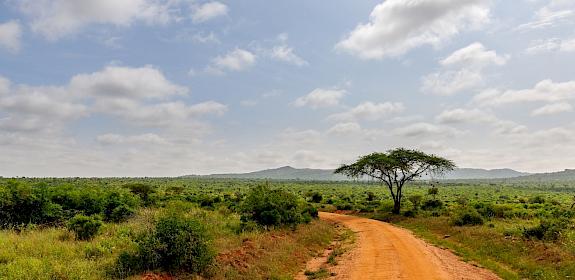Bank aims to restore wild Tigers
Tiger experts welcome World Bank’s commitment to Tiger conservation
Washington, USA, 9 June 2008—The World Bank has announced a global joint venture to help reverse the decline in numbers of Tigers in the wild—the first-ever species initiative by the Bank.

The initiative aims to create a "Tiger restoration filter” to ensure that future World Bank projects do not harm wild Tigers but instead help restore their populations through increasing the political will to reverse the decline in wild Tigers and creating innovative funding mechanisms to support Tiger conservation.
The 39 member organizations of the International Tiger Coalition (ITC), which includes TRAFFIC and represents some of the world's foremost Tiger scientists, conservation groups, animal welfare advocates, traditional Chinese medicine specialists and zoos, have applauded the Bank’s announcement and have been asked to provide expertise and strategic guidance to the initiative.
During the next six months, the Bank will hold open and frank dialogues with all stakeholders in Tiger range States—governments and non-governmental organizations—about which Tiger conservation methods have worked in the past and which have not. This process is crucial for reversing the damage done to Tiger habitat from poorly planned development projects in the past and addressing all major threats facing the fewer than 4,000 Tigers remaining in the wild.
“The potential loss of wild Tigers is a global problem that requires a global solution," said Judy Mills of the International Tiger Coalition. “The World Bank’s involvement has the potential to catalyse a paradigm shift for wild Tigers and their habitats.”
The ITC is encouraged by the World Bank’s stated interest in ensuring that its future investments do no harm to wild tigers and hopes that other development agencies will follow suit. The ITC hopes that the Bank’s efforts will call world attention to the need to stop all demand for and use of Tiger skins and bones.




